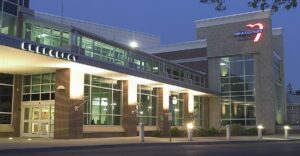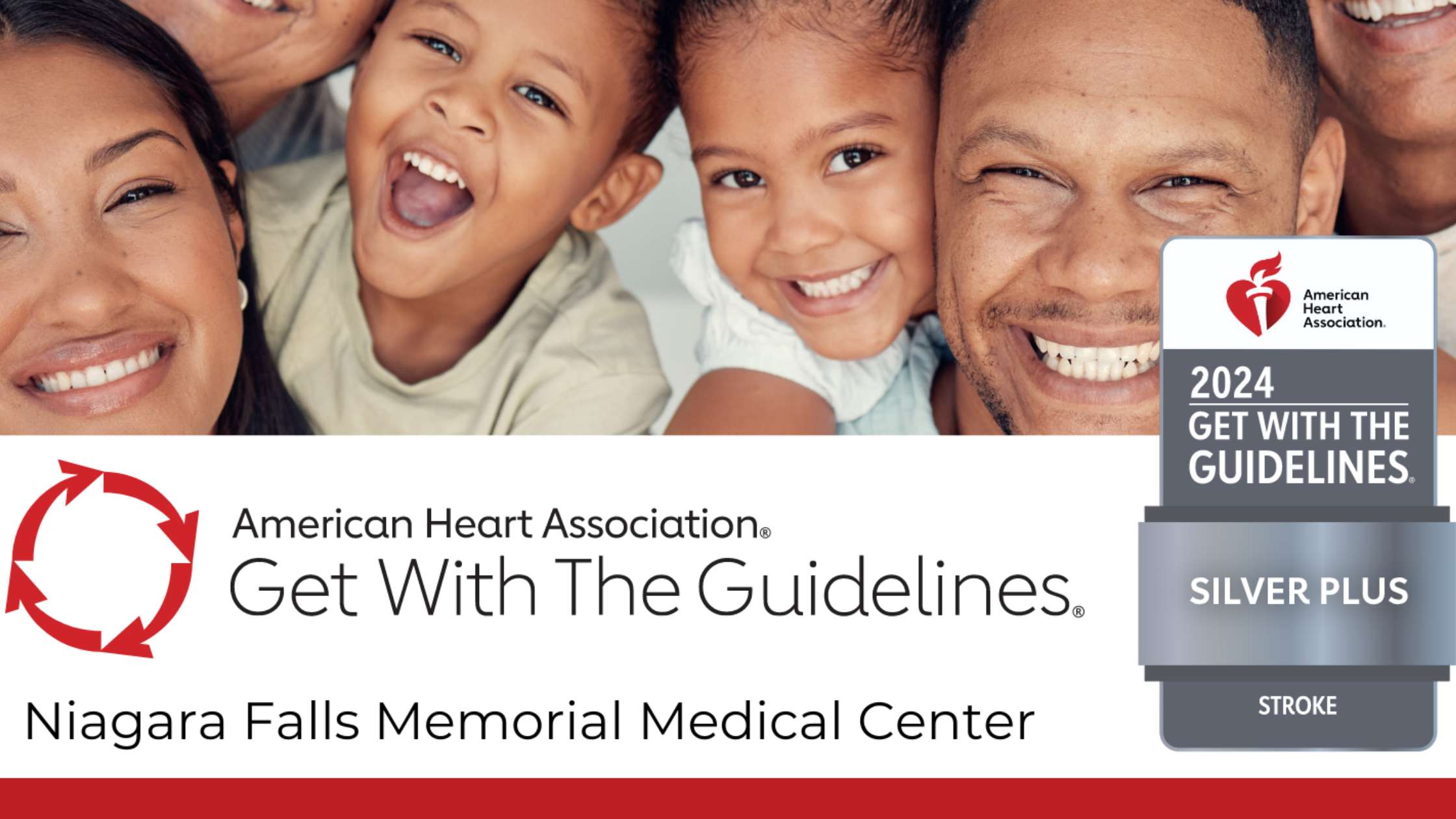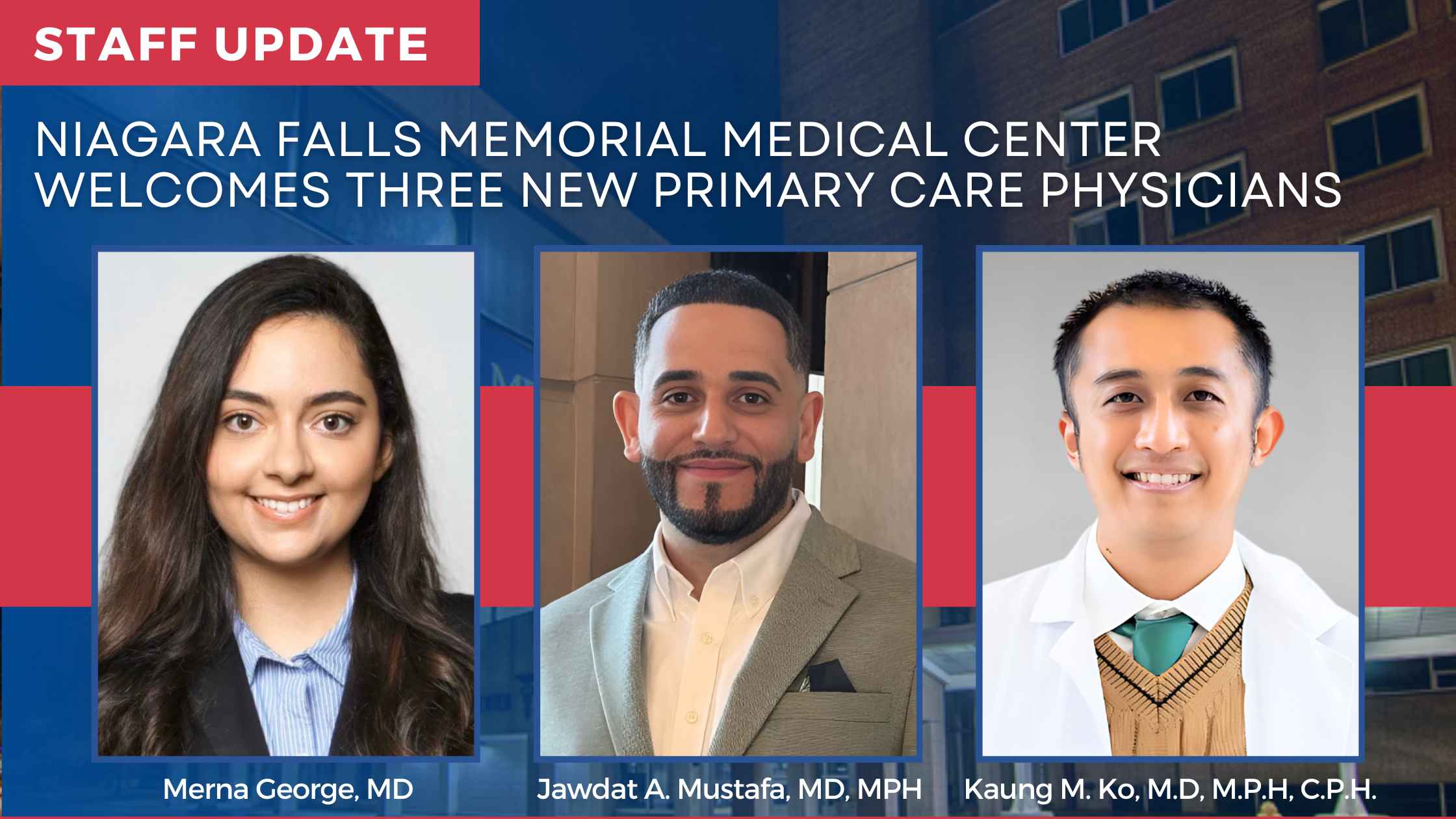Gastric Bypass Surgery is a procedure to control weight and treat obesity. The procedure alters the way your small intestine handles the food you consume in two parts:
- The surgeon will divide your stomach into two sections; a smaller one and a larger one. Then a process called stomach stapling turns the smaller portion into a pouch which can only hold a significantly smaller amount of food than your stomach used to. This is a “restrictive” form of weight loss surgery since it lessens the amount of food you need to feel full.
- This is the actual “bypass” part of the surgery when the surgeon will disconnect where the small stomach pouch currently connects to the small intestine, and connects it to a part of the intestine that’s further down. This is called “Roux-en-Y”. It forced food to pass the “duodenum” and goes directly to the “jejunum” to restrain the absorption of calories and nutrients. This part of the surgery is “malabsorptive” since it alters nutritional intake.
Procedures that do one part and not the other exist such as gastric banding and gastric sleeves (restrictive) or the jejunoileal bypass (malabsorptive). The Roux-en-Y gastric bypass combines both parts while limiting some of the risks of both parts. For instance, procedures that just use malabsorptive methods can lead to nutritional deficiencies and metabolic abnormalities.
Why would you need this surgery?
Gastric bypass isn’t just a procedure for anyone who wants to lose weight, it is done typically for someone who is morbidly obese or has a serious medical complication from their weight such as type 2 diabetes.
It is also important to note that this isn’t an instant fix for obesity and weight problems. It’s merely to assist people who have a difficult time maintaining their weight with diet and exercise. On top of the surgery, you must still eat a healthy diet and exercise.
Post-Op and Recovery
There are a few things to expect after the surgery:
- Slight stomach pain for about a week
- Some tenderness around the incision
- Rapid change in dieting habits (getting full very quickly)
- Dumping syndrome, or irregular bowel movements with diarrhea and nausea
- Easy dehydration
- Deficiency in iron, calcium, magnesium and other vitamins
It is important to get dieting instructions from your physician after the surgery. You will start by consuming mainly a liquid or soft food diet and slowly work your way back up to solid foods. You will want to stay hydrated and avoid straining your bowel movements. Most people can go back to work after 2 weeks of recovery, but are advised to not do any straining labor.
Risks and complications
Without proper recovery health, the gastric bypass surgery can lead to the following:
- Kidney stones and gallstones
- Nausea/vomiting
- Hernia
Ask your physican for ways to prevent these complications and follow their recovery instructions.
Benefits of laparoscopic Roux-en-Y gastric bypass surgery
Positive effect for diabetes patients – The hormonal and nutritional change caused from the surgery sometimes results in an immediate reduction in the need for diabetic medication and for some, stops the need for it altogether.
No additional adjustments – Some patients may need to return to surgery if there are any major complications, but the majority of patients don’t need to have any additional adjustments unlike gastric banding. Of course, follow-up with your physician is required to monitor the recovery process
Cardiovascular benefits – The surgery tends to have the best affect on high blood pressure and cholesterol to control obesity
Quick recovery – Open surgery can take 4-6 weeks to fully heal, but less invasive procedures can heal in 2-5 weeks.
For more information
Call Niagara Falls Memorial Medical Center at (716) 278-4000 for an appointment










